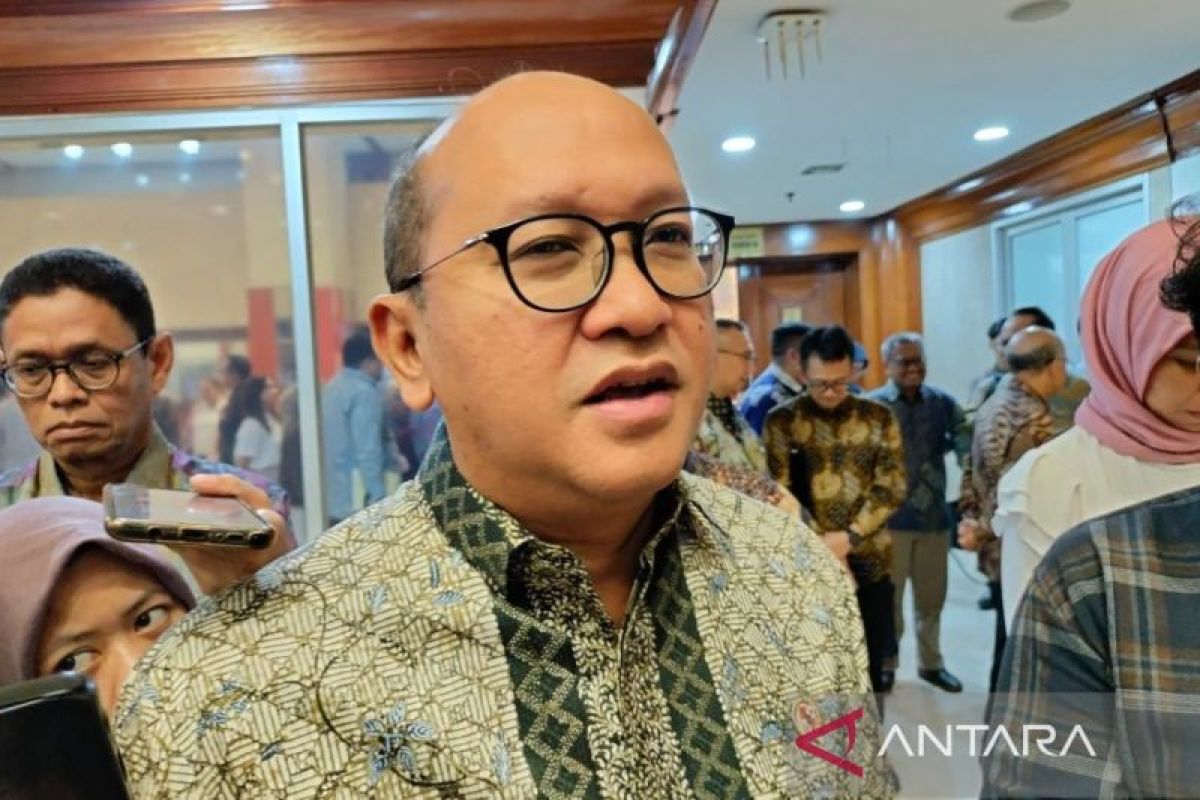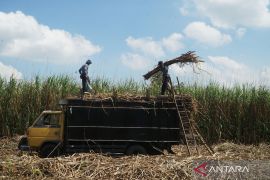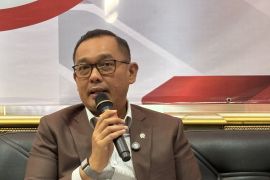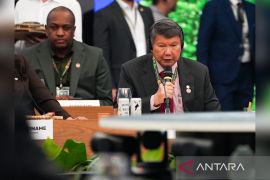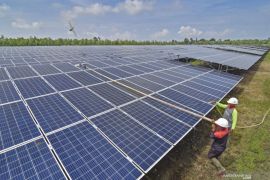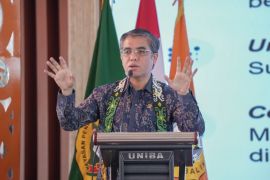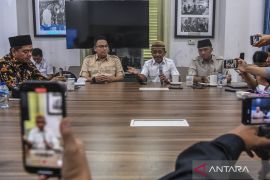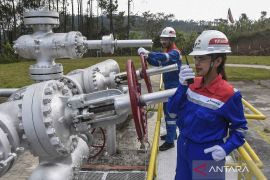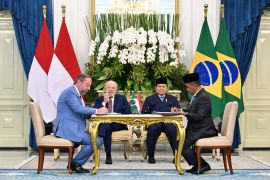During the Indonesia International Sustainability Forum 2024 in Jakarta on Thursday, he stated that the government was also implementing a new and more competitive tariff structure to encourage the growth of investment in renewable energy.
The new tariff negotiated directly between independent power producers (IPP) and state-owned electricity company PT PLN was expected to attract more investors to contribute to the development of clean energy projects in Indonesia.
He remarked that tariff flexibility adjusted to technology and project location would also encourage efficiency and innovation in the renewable energy sector.
Indonesia is home to various renewable resources, with a potential capacity of 3,700 gigawatts, though so far, only less than one percent has been utilized, Roeslani pointed out.
The International Energy Agency (IEA) revealed the huge potential for renewable energy in Southeast Asia.
The IEA estimated that by 2040, the share of renewable energy in electricity power in the region would almost triple from current levels, with solar and wind energy as the dominant sources, reaching 70 percent of the total electricity power in the region.
However, he said that developing countries, such as Indonesia, often encountered challenges while switching to renewable energy, such as inadequate infrastructure, large initial investment requirements, and difficulties in obtaining financing.
Related news: RI offers solutions to attract energy transition investment in ASEAN
"In 2022, the initial investment costs for renewable energy projects in low-income countries were 6.5 percent higher than in high-income countries," he noted.
However, he said that Indonesia has continued to strive to develop renewable energy to achieve net zero emissions by 2060.
He highlighted that Indonesia has succeeded in increasing its renewable energy mix to 13 percent in 2023 through several large projects funded by domestic and international investors.
One of the projects was the 330-megawatt Sarulla geothermal power plant project in North Sumatra, which was a collaboration between Indonesia and the US and Japan.
"Last month, we also inaugurated the largest ground-mounted solar power plant in Indonesia, with a capacity of 100 megawatts in West Java, in collaboration with China," he remarked.
He further encouraged collaboration between developed countries, financial institutions, and investors to help developing countries in clean energy development.
"We need green investment and financing, technology transfer, research and development, and access to wider markets to achieve the full potential of renewable energy. Indonesia is committed to being an example in the renewable energy sector," he concluded.
Related news: W Sumatra invites investment in renewable energy from Norway
Related news: Indonesia, Saudi Arabia discuss renewable energy investment
Translator: Shofi Ayudiana, Yashinta Difa
Editor: Yuni Arisandy Sinaga
Copyright © ANTARA 2024
